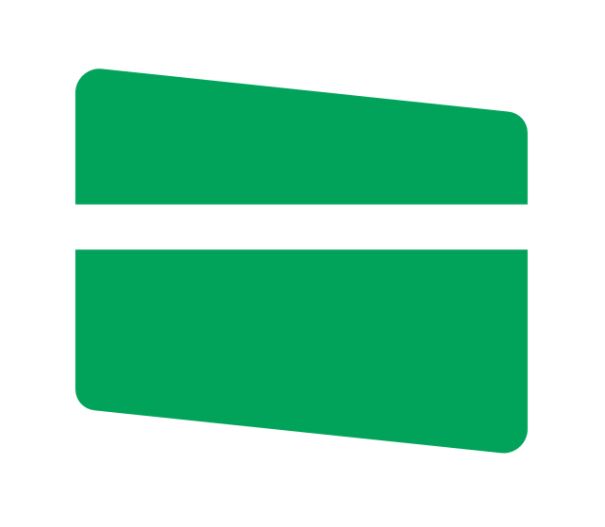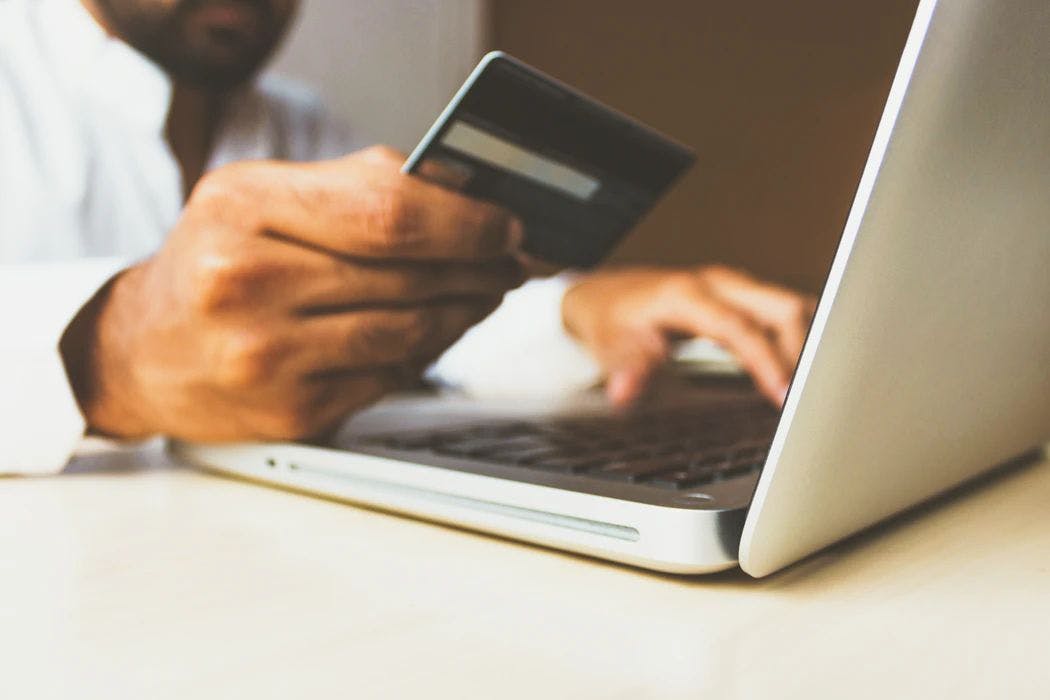446 reads
Online Retail Innovation: Here's What 2021 Has In Store For Payments After The Digital Boom In 2020
by
February 26th, 2021

The easiest way to accept payments with your Stripe account on any mobile device, with or without a card reader.
About Author
The easiest way to accept payments with your Stripe account on any mobile device, with or without a card reader.
